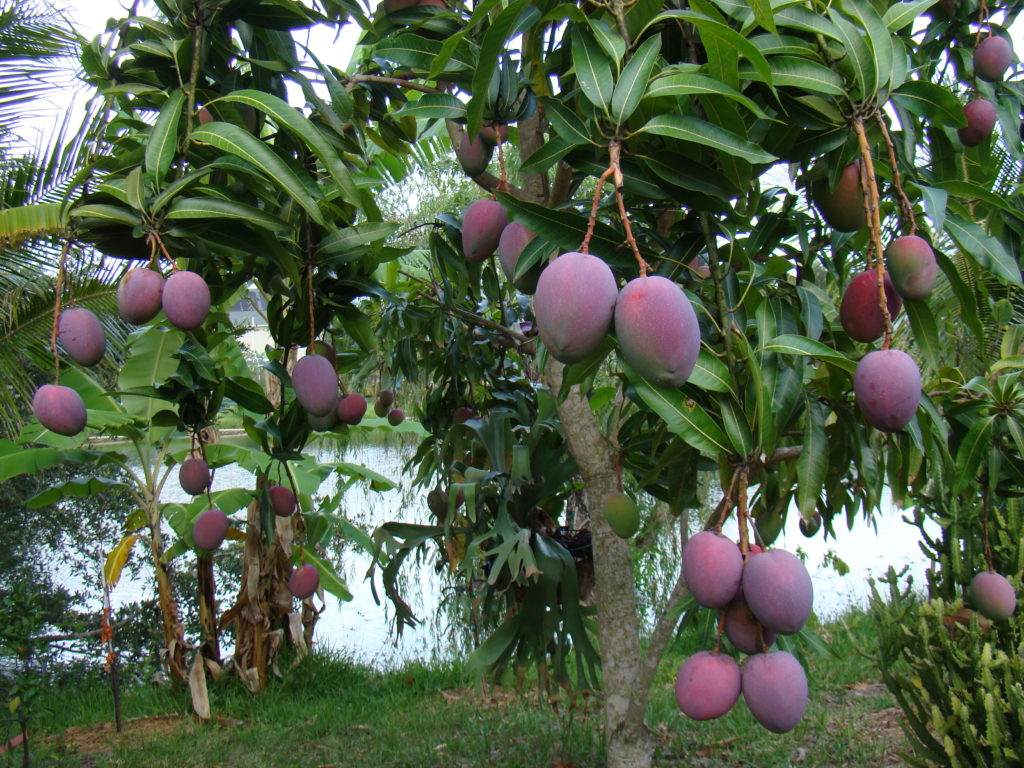
By George Munene
Mazao Organics, a non-synthetic fertilizer manufacturer has a ready market for various organically grown crops and is looking for farmers across the country to cultivate chemical-free tomatoes, onions, carrots, capsicums, potatoes, sweet potatoes, arrow roots, spring onions, cabbages, spinach, sukuma, dhania, ground peas, matoke and iceberg lettuce.
The company which currently has 60 large and small-scale farmers advises farmers on what to grow depending on their locality adhering to the team’s strict supervision. With a database tracking the various stages of growth of their various farmers, produce is picked from growers when ready and delivered directly to organic buyers. This alleviates the hustle of having to source for markets from farmers.
Related News: Processor guarantees prices for organic and traditional outgrowers
Related News: FarmBiz TV:Farmer rears earthworms for organic fertilizer that raises yields 50 per cent
“With the proliferation of nutrition-based diseases such as cancer, obesity, hypertension and diabetes there's increased demand for chemical-free farmed food produce—a market gap we are trying to but are nowhere near fulfilling,” says Eric Mwiti, director of sales and marketing at Mazao Organic Fertilizers.
Increasingly, farmers' cost of production through conventional means has also shot up. As Eric explains, it has been practically authenticated that organic farming through Mazao organic fertilizers decreases farming expense by 40-50 percent. While fertilizer and chemical production of an acre can set a farmer back anywhere from Sh14-20 thousand, the use of organic inputs reduced this cost down to Sh 10-11 thousand.
“Our existing farmers are currently growing onions, potatoes, coffee, tea, miraa, maize, papayas and tomatoes in Kilifi, Loitoktok, Kitengela, Ruiru, Nyeri, Embu, Tharaka and many other regions of the country,” he says.
Related News: Solar insect light trap organically reduces pests by 80%
The agro-manufacturer has been in existence for 11 months and is working with various agricultural players such as Kenchick in the development of mazao digester, an eco-friendly biological treater and odor extinguisher. They are also working with Digifarm Safaricom’s integrated mobile platform by supplying fertilizers to their organic farmers.
Mazao Organic Fertilizers: 0708 114025
Eric Mwiti: Inbox/WhatsApp; 0726280326

















